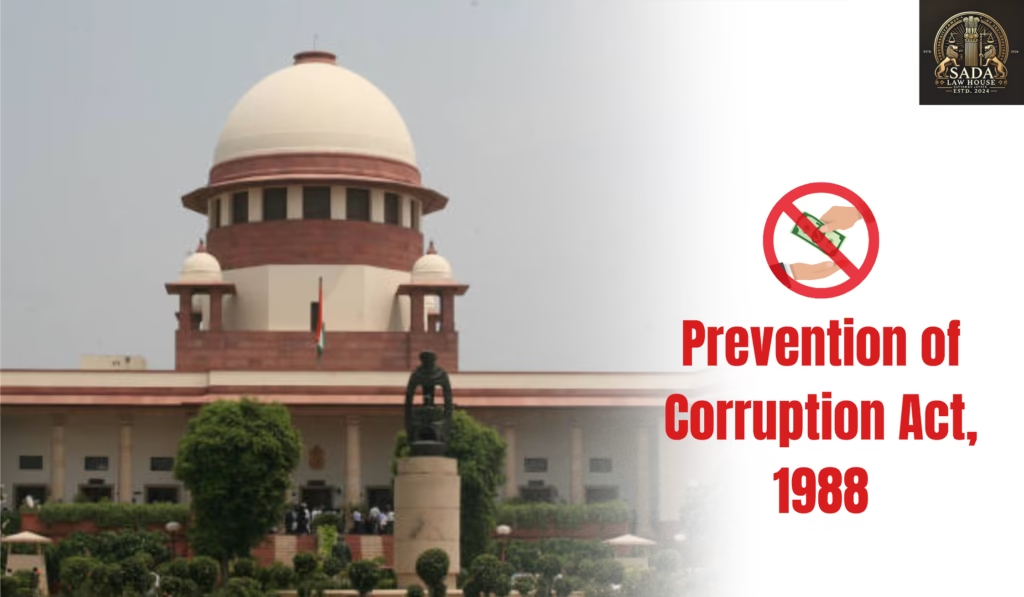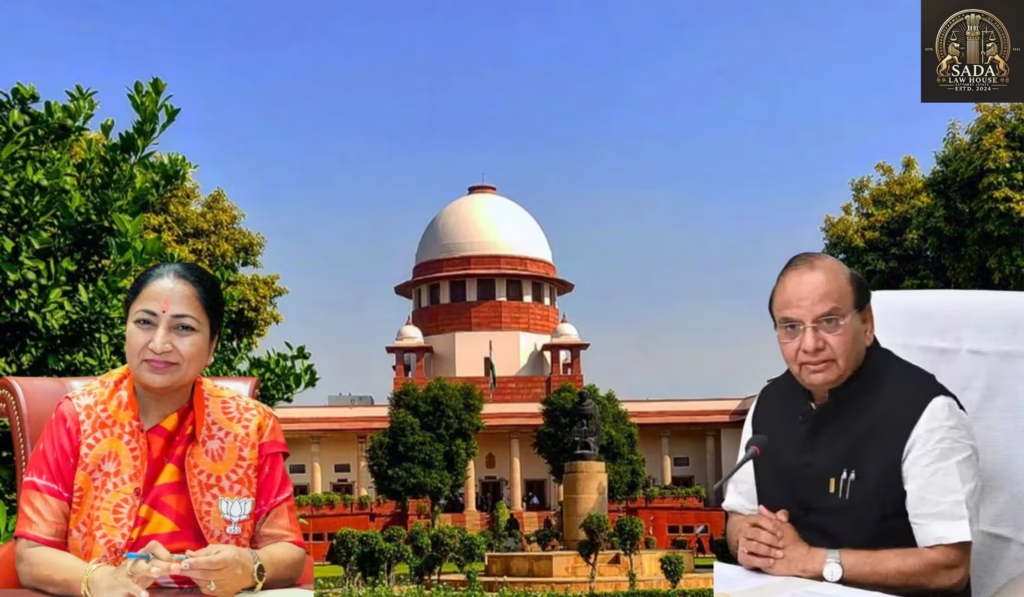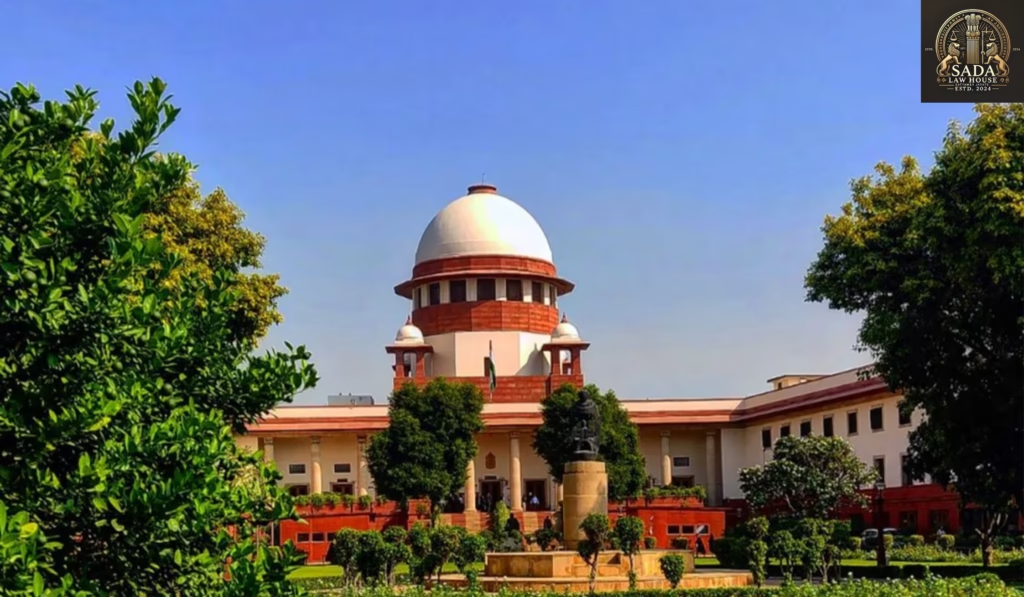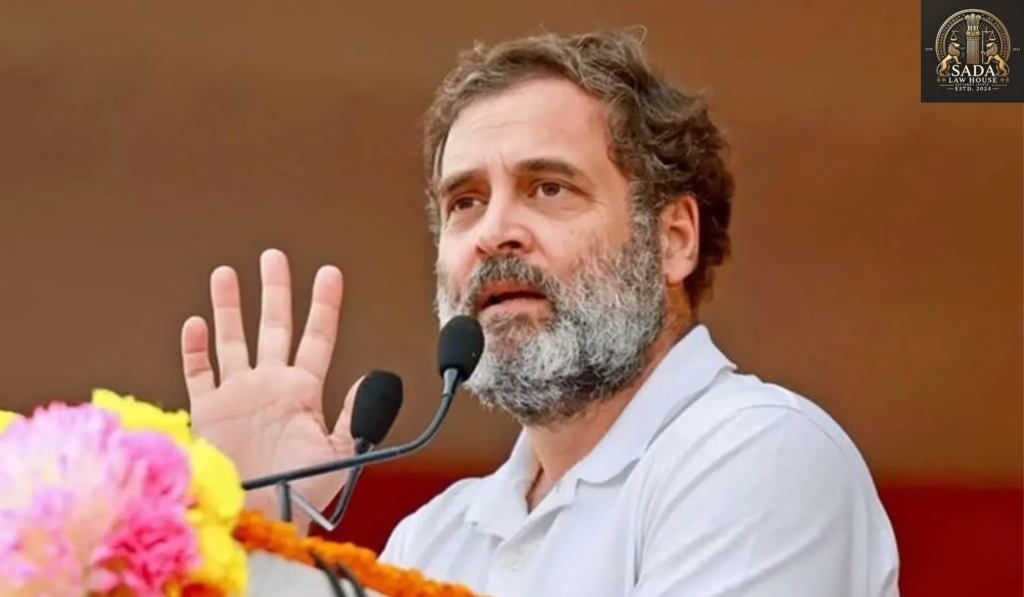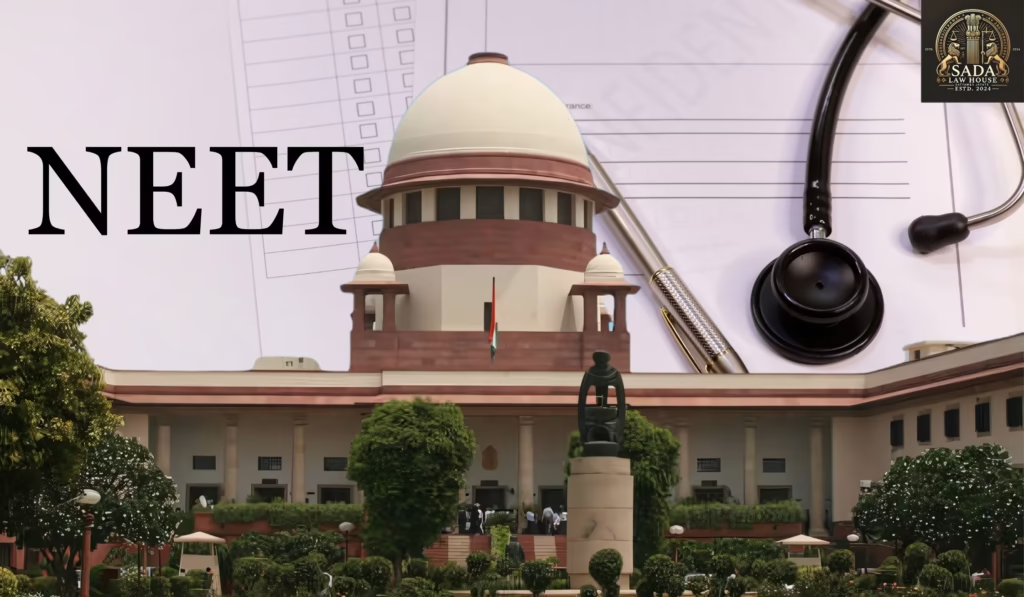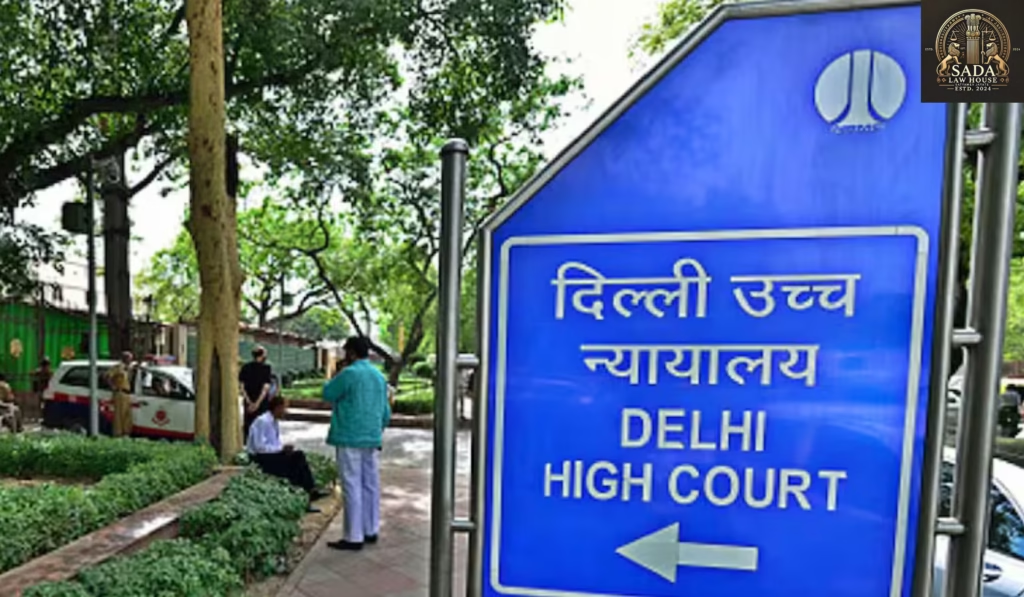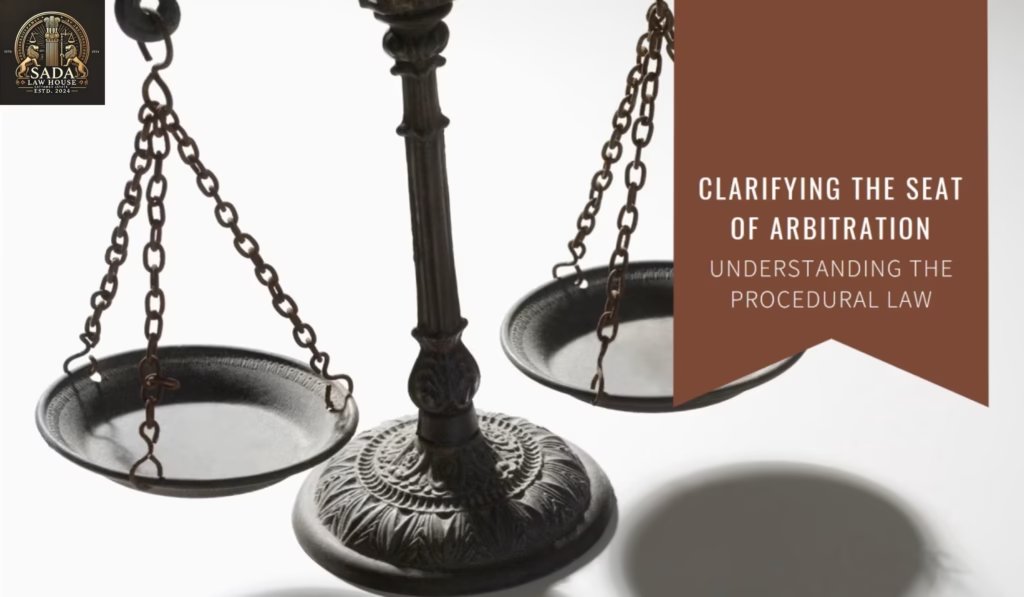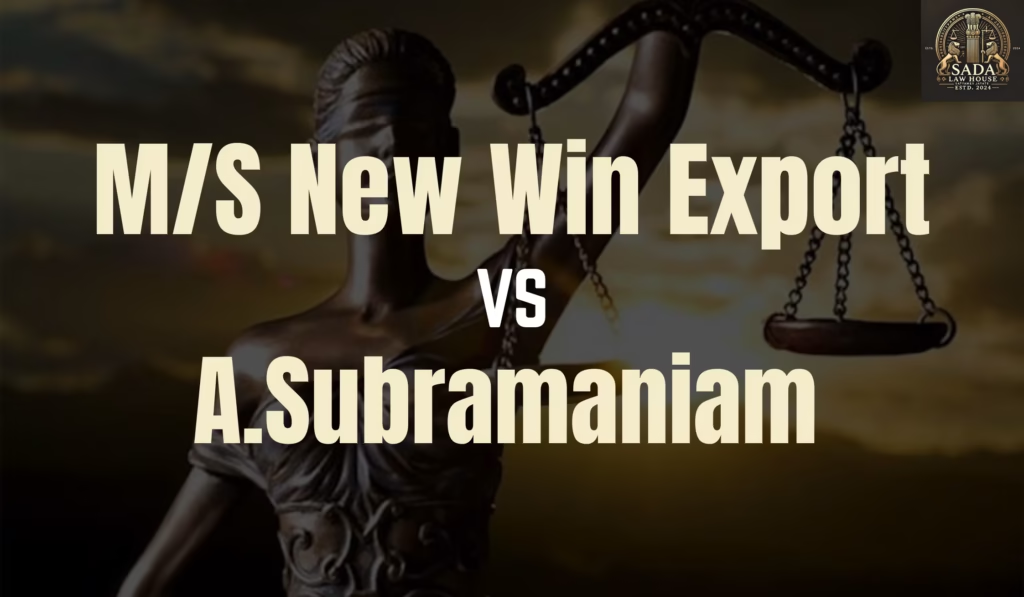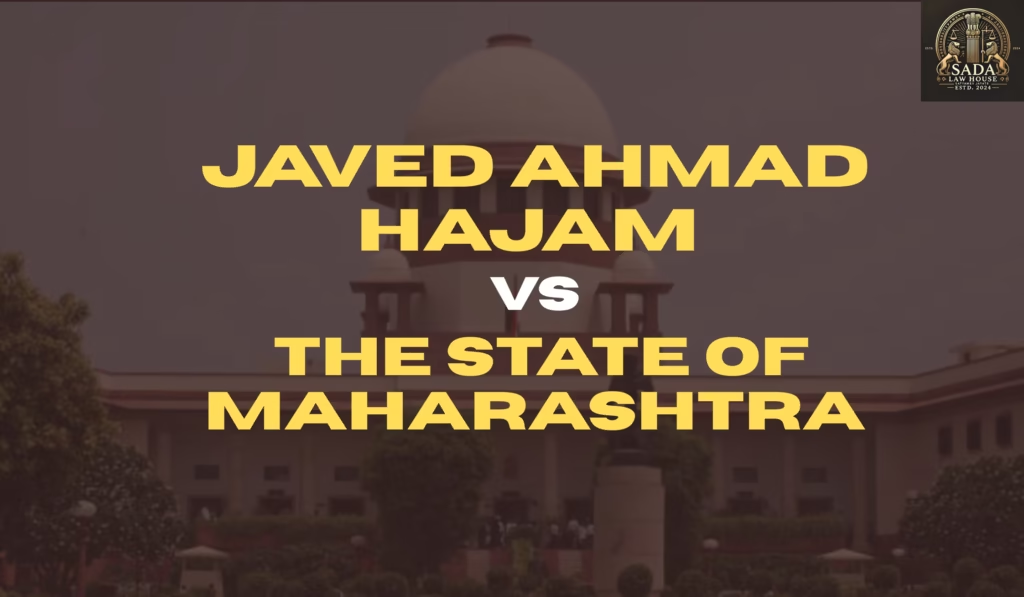Supreme Court: Bribe Conviction Under PC Act Requires Proof of Demand, Not Just Recovery of Tainted Money
Trending Today Supreme Court: Bribe Conviction Under PC Act Requires Proof of Demand, Not Just Recovery of Tainted Money Supreme Court Allows Delhi Government to Withdraw AAP-Era Petitions Against Centre and LG, Including Services Act Challenge Supreme Court Hears Petition to Ban Gambling Apps and Celebrity Endorsements Amid Rising Suicides Supreme Court Acquits Murder Convict Citing Mental Illness and Article 21 Right to Defense Non-Bailable Warrant Issued Against Rahul Gandhi in 2018 Defamation Case Over Amit Shah Remarks Supreme Court to Hear Petition Against Two-Shift NEET PG 2025 Exam Format Next Week Delhi Judge Transferred Amid Bribery Allegations; Court Clerk Claims ACB Retaliation Plot Supreme Court Rules Cheque Dishonour Is Not a Continuing Cause for Arbitration Under Section 138 NI Act Supreme Court Urges Compounding in Cheque Bounce Cases: M/S New Win Export vs A. Subramaniam (2024) Supreme Court Quashes FIR Against Professor for WhatsApp Status on Article 370 and Pakistan Independence Day Supreme Court: Bribe Conviction Under PC Act Requires Proof of Demand, Not Just Recovery of Tainted Money PRABAHAT KUMAR BILTORIA 26 May 2025 The Supreme Court of India clarifies that under the Prevention of Corruption Act, 1988, a bribe conviction cannot rely solely on the recovery of tainted money without concrete proof of a demand. Read the full judgment details and implications. SC Clarifies Guilt Cannot Be Presumed Without Full Chain of Bribery Events The Supreme Court of India has reaffirmed that a conviction under Section 20 of the Prevention of Corruption Act, 1988 cannot rest solely on the recovery of tainted funds. In its recent ruling, the court emphasized that unless the full sequence—demand, acceptance, and recovery—is clearly established, the presumption of guilt does not arise. Key Justices on the Bench and Case Background The verdict was delivered by a bench comprising Justice Pankaj Mithal and Justice Ahsanuddin Amanullah. The case involved a public servant accused of demanding a ₹1,500 bribe from a school teacher for forwarding a caste validity certificate. Although tainted cash was recovered and the act of acceptance was proven, the court found no conclusive evidence of a prior demand. High Court’s View Upheld: Demand Must Be Proven The High Court had earlier acquitted the accused, challenging the credibility of the complainant and questioning the existence of a bribe demand. This view was upheld by the Supreme Court. It reiterated that mere payment and recovery are not sufficient for conviction under the Act. Without establishing demand, the chain of events is incomplete. Tainted Cash Recovery Alone Not Enough for Conviction In this case, although a trap was set and tainted money was discovered, the defense argued that the funds were repayment for a personal loan. Since the prosecution could not prove the initial demand, the accused was not required to rebut the presumption of guilt. Final Verdict: Acquittal Maintained, Appeal Dismissed Justice Amanullah’s judgment made it clear: unless the prosecution proves the full chain of events—starting with a bribe demand—the burden of proof does not shift to the accused. Based on the lack of such evidence, the Court saw no merit in the appeal and upheld the High Court’s acquittal. Legal Significance of the Judgment This ruling sets a significant precedent in Indian anti-corruption law, reinforcing the need for concrete evidence of bribery demands in order to convict under the Prevention of Corruption Act. It also protects individuals from wrongful convictions based solely on tainted money recovery, thereby ensuring a fair trial process. Conclusion: Reinforcing Fairness in Anti-Corruption Trials The Supreme Court’s ruling marks a crucial moment in the interpretation of the Prevention of Corruption Act, 1988, ensuring that convictions for bribery are grounded in a full and fair examination of evidence. By requiring the complete sequence of events—demand, acceptance, and recovery—to be proven, the judgment strengthens legal safeguards for individuals and upholds the principle of justice. This precedent not only clarifies the application of the law but also acts as a guiding light for lower courts and investigative agencies across India. Leave a Reply Cancel Reply Logged in as Sada Law. Edit your profile. Log out? Required fields are marked * Message* Live Cases Supreme Court: Bribe Conviction Under PC Act Requires Proof of Demand, Not Just Recovery of Tainted Money Supreme Court: Bribe Conviction Under PC Act Requires Proof of Demand, Not Just Recovery of Tainted Money Sada Law • May 26, 2025 • Live cases • No Comments Supreme Court Allows Delhi Government to Withdraw AAP-Era Petitions Against Centre and LG, Including Services Act Challenge Supreme Court Allows Delhi Government to Withdraw AAP-Era Petitions Against Centre and LG, Including Services Act Challenge Sada Law • May 26, 2025 • Live cases • No Comments Supreme Court Hears Petition to Ban Gambling Apps and Celebrity Endorsements Amid Rising Suicides Supreme Court Hears Petition to Ban Gambling Apps and Celebrity Endorsements Amid Rising Suicides Sada Law • May 25, 2025 • Live cases • No Comments 1 2 3 … 5 Next »

